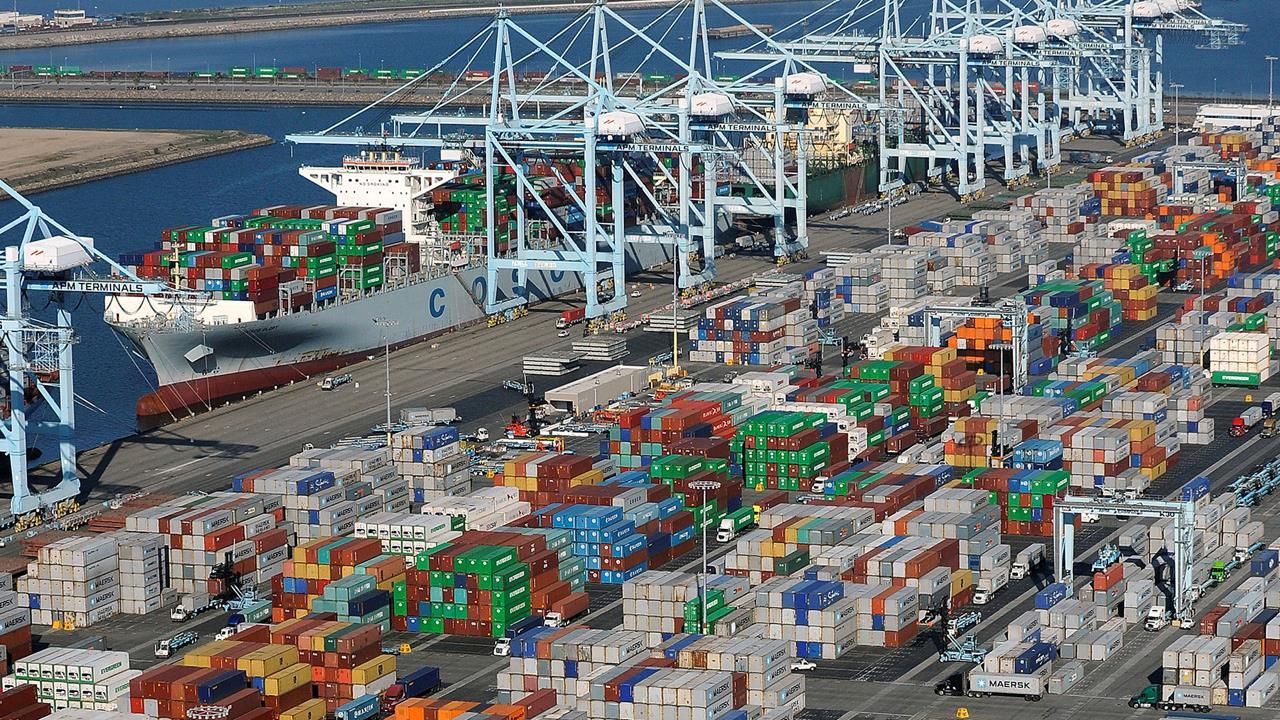Tariffs on solar panels, washing machines met with mixed emotions
U.S. President Donald Trump announced the implementation of steep tariffs on imported washing machines and solar panels in an attempt to help protect domestic manufacturers from imports that are cheaper, thanks in part to subsidies in their home countries.
The decision comes after the U.S. International Trade Commission (ITC) found that the imports “are a substantial cause of serious injury to domestic manufacturers,” according to U.S. trade representative Robert Lighthizer.
While some companies, such as Whirlpool (NYSE:WHR), have cheered the development, others have cautioned that the tariffs will have a negative economic impact.
Whirlpool Chairman Jeff Fettig issued a statement, saying, "This announcement caps nearly a decade of litigation and will result in new manufacturing jobs in Ohio, Kentucky, South Carolina and Tennessee," Fettig said. "This is a victory for American workers and consumers alike. By enforcing our existing trade laws, President Trump has ensured American workers will compete on a level playing field with their foreign counterparts, enabled new manufacturing jobs here in America and will usher in a new era of innovation for consumers everywhere."
When asked what the financial impact of these developments could be on the economy, a Whirlpool spokesperson told FOX Business that “it is too soon for Whirlpool to understand the full impact this will have on the business,” noting that they are just digesting the ramifications of this decision.
But not everyone is happy about the tariffs, particularly solar installation companies who claim that the tariffs will increase the cost of solar panels, making installations more costly.
“Although lifting a cloud of uncertainty, the outcome of the trade case is contrary to the will of consumers, bipartisan elected officials, many military personnel, and the 99% of American solar workers whom this tariff will harm in the coming years,” Edward Fenster, executive chairman of Sunrun (NASDAQ:RUN), said. “We hope that for the sake of 260,000 American solar workers who are harmed by these tariffs, the Administration will announce countries not subject to the tariffs, and that states with huge solar workforces, from South Carolina to California, will step up to overcome this short-sighted federal action."
In an interview with FOX Business, Fenster noted that in the U.S., there would be negative job implications because the tariffs will increase the costs of solar modules.
Vikram Aggarwal, CEO of EnergySage, a company that helps match potential solar panel customers and solar panel businesses, told FOX Business that when it comes to the cost of solar panel installation, only about 10% to 15% of the cost is from solar panels while sales costs make up a huge portion of total cost.
Furthermore, EnergySage just completed their annual Solar Installer Survey. According to survey results provided to FOX Business, from the over 585 installation professionals surveyed, over the next three years, 62% have a business strategy of gaining market share by significantly growing the number of solar installations, even if it means reduced gross margins on each installation, while 38% plan on increasing the gross margins earned on each installation, even if it means reducing the number of completed solar installations.




















